Alagang Pinoy: 5 Filipino Pioneers and Innovators in Healthcare
Being in the healthcare industry means having the willingness to commit your efforts to care for those who are in need. The outstanding desire and passion for caring for others are what make Filipino healthcare professionals extraordinary. With millions of Filipino healthcare workers around the globe, the Filipino culture of caring has been felt by billions.

The Filipino excellence in healthcare has led to many significant contributions and innovations in the medical industry, but it could also be attributed to the pioneers from past decades that influenced and paved the way for the next generation. These are 5 Filipino pioneers and innovators in the healthcare field. Individuals who have shown their distinctive caliber in their respective professions.
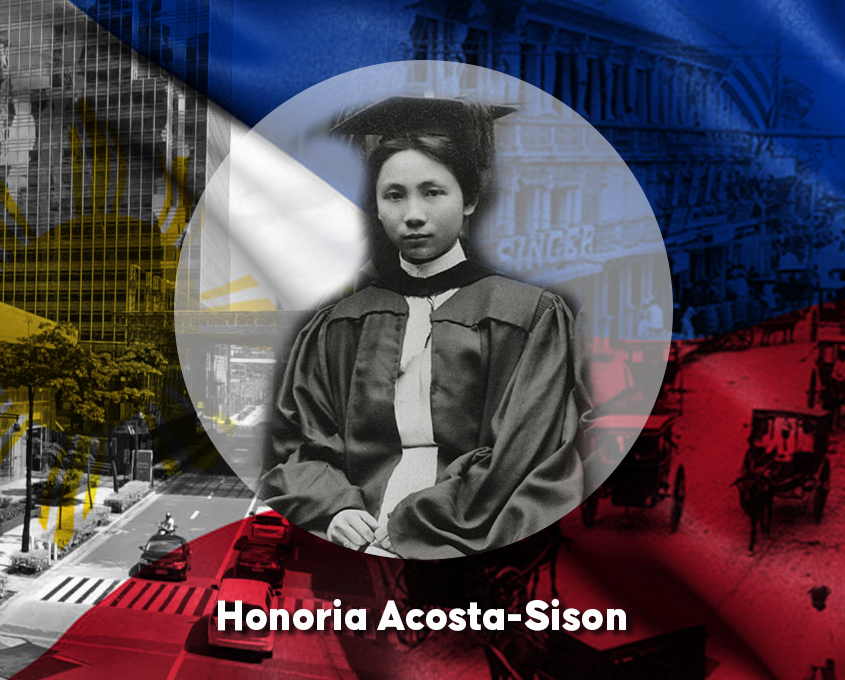
Honoria Acosta-Sison
Born under Spanish rule during a time when education was limited for Filipina women, Honoria Acosta-Sison strived to be a physician and studied at the Women’s Medical College of Pennsylvania. She is the first Filipina physician, surgeon, and obstetrician. Upon returning to the Philippines, she became an instructor in the College of Medicine at the Philippine General Hospital in Manila, became an associate professor for obstetrics, invented various obstetric instruments, and co-organized the Philippine College of Surgeons in 1939.
As a researcher and writer, she published a book entitled Obstetrics for Nurses and wrote as many as 200 research papers and articles related to medicine, specifically obstetrics. One of her more significant researches was about the size of Filipino newborn babies and the correlation between the pelvic measurements of their mothers, making her an integral contributor to the medicalization of childbirth in the Philippines.
Basilia Torres-Steward
At a time when the Philippines was under Japanese rule, 12 nurses were captured and imprisoned by Imperial Japanese Forces. Eleven of them were U.S. Navy nurses, and the twelfth was Basilia Torres-Steward, a Filipino civilian nurse.
Because of their resilience during the time when they were held captive at Santo Tomas and Los Banos camps, the 12 nurses were often referred to as the “12 Anchors”. These 12 nurses were deprived of their basic necessities and even suffered from natural diseases.
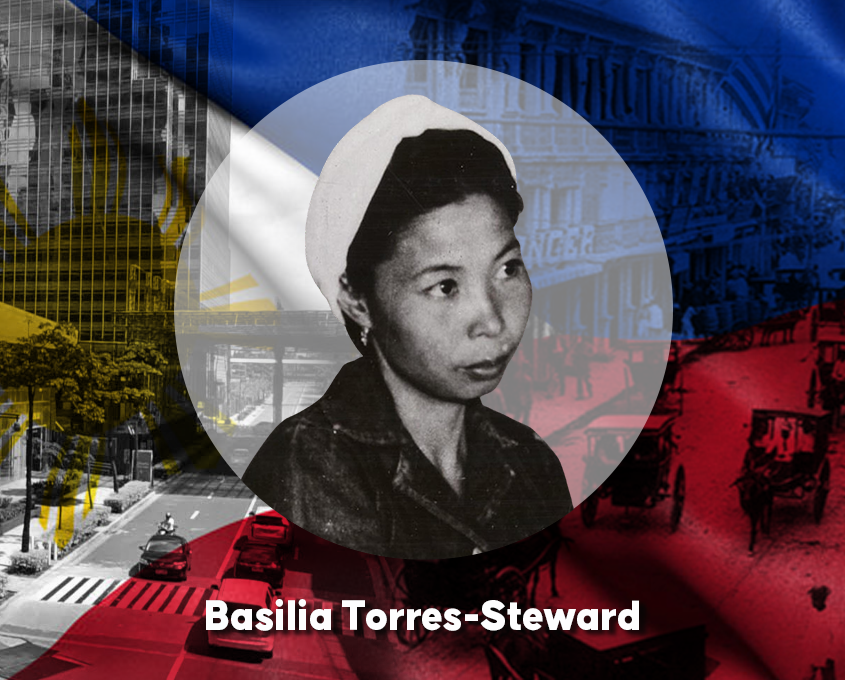
Despite it all, Torres-Steward and her band of nurses continued to devote their efforts to care for the sick and those who were injured. The acts of Basilia Torres and the 12 Anchors are a testament to the dedication and selflessness to do their duties regardless of the circumstances.

Julieta T. Solas
When it comes to the most inspiring overseas Filipino workers, Julieta T. Solas has to be on that list. Originating from Iloilo City, Julieta T. Solas came to the United Arab Emirates in 1984 to work as a nurse. From then on, she was assigned to numerous hospitals and constantly rose up the ranks.
Until 2003 when she became the Unit-in-Charge for Latifa Hospital, Dubai Health Authority. She continued to excel in her field when she became the Alternate Area Supervisor for the Pediatric, OB-Gyne ICU, and SCBU, and eventually became the Unit-in-Charge of the Pediatric Surgical Ward.
Besides her many accomplishments in her nursing career, she also managed to receive multiple awards for her excellent service. Solas was named Woman of Substance by Illustrado Magazine, and received a Lifetime Achievement Award from Kabayan Weekly in 2013.
She was also a part of the search for the 25th “Heroes for Better” by Western Union. Last, and perhaps the highest form of recognition that she has received is the Dubai Government Excellence Award in 2007 from no other than the Prime Minister and Vice President of the UAE, Shiekh Muhammad Al Maktoum.
Dr. Raul V. Destura
Dengue has long been known as one of the most dangerous diseases here in the Philippines. When not treated early, it can cause fatal consequences. The problem however is accessibility. The standard testing method for dengue is by using a Polymerase Chain Reaction (PCR) test which costs somewhere around Php 7,000 to Php 8,000, and results that take at least 24 hours to be known. Money and time that marginalized and dying Filipinos don’t have.
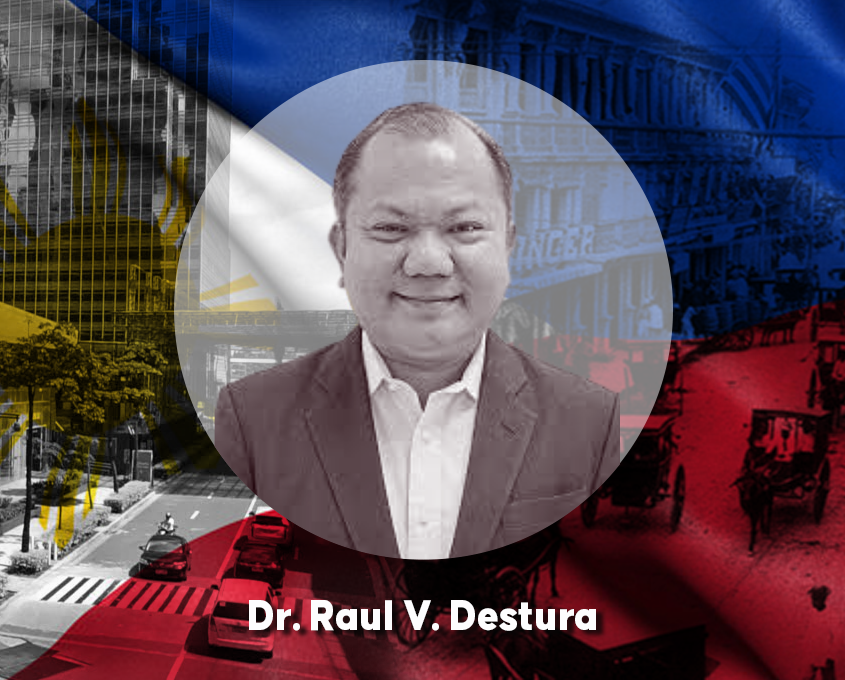
The solution? A Dengue detection kit called Biotek M, an innovation invented by Project Lead Dr. Raul V. Destura, along with his co-inventors Joy Ann G. Petronio, Carmencita C. Padilla, Romel Gomez, Ricky B.Vinarao, Kristine Marie G. Flores, Jesus Emmanuel A.D. Sevilleja, Sharie Keanne Ganchua.
With Biotek M, patients can detect the disease in the first 0-5 days of illness and know the results in one hour or less. This device has helped lessen the admissions of dengue cases which saves resources for both hospitals and patients. With Biotek M being more efficient but less costly compared to the standard PCR test, it is now more accessible and affordable for most Filipinos.
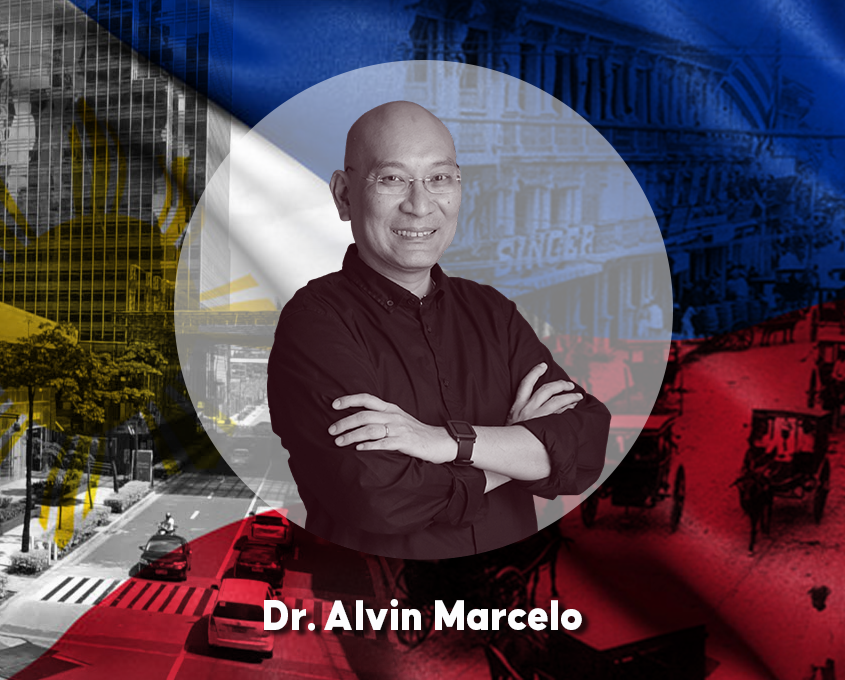
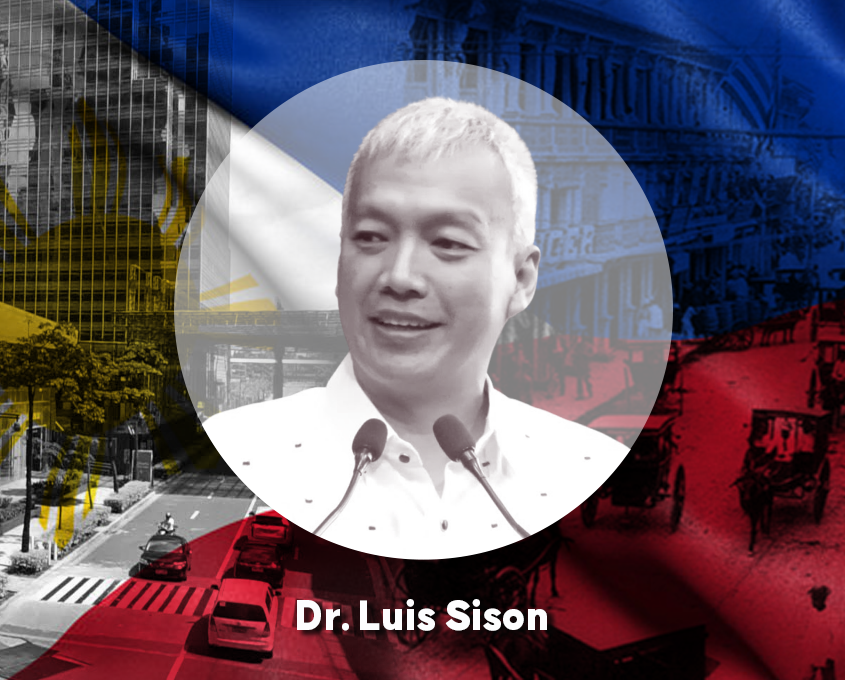
Dr. Alvin Marcelo and Dr. Luis Sison
Public health has always been related to better accessibility and opportunities to improve people’s standard of living. When Dr. Alvin Marcelo and Dr. Luis Sison conceptualized RxBox in 2007, this was what they had in mind.
RxBox is a biomedical telehealth device that gives access to healthcare and diagnoses to people in remote communities. These remote areas may be difficult to reach for some medical professionals, and patients may also have a hard time traveling to healthcare centers, so medical help is uncommon within these places.
With the innovation of RxBox, communities can now be provided with adequate, fast, and effective healthcare services. By utilizing this device, the costs of going to hospitals, medical visits, and traveling time are reduced, creating better opportunities for all.
These people may not be known to most but their contributions to the healthcare industry have saved millions of lives. From trailblazing pioneers to innovators that have changed the landscape of their profession and what they are capable of doing, simply knowing what the Filipinos have contributed to healthcare not just in our country, but all around the world is something we should always be proud of.